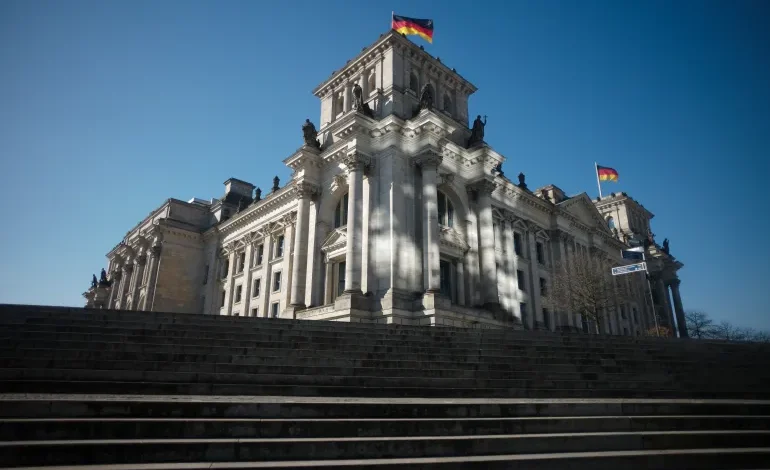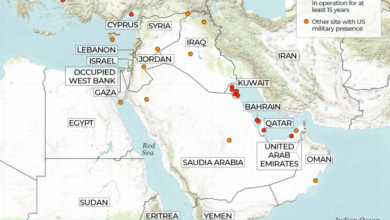German parliament rejects opposition migration bill backed by far-right AfD

The German parliament has narrowly rejected a bill to restrict immigration proposed by the opposition conservatives with the support of the far-right Alternative for Germany (AfD), averting the prospect of a law passing for the first time in modern German history thanks to the backing of the far right.
On Friday, after an unusually heated debate delayed by long and unsuccessful negotiations on a compromise between mainstream parties, the bill was rejected by 350 votes to 338, with five abstentions.
During Friday’s debate on Merz’s bill, German Foreign Minister Annalena Baerbock, a Green, said, “You don’t have to tear down a firewall with a wrecking ball to set your own house on fire. It’s enough to keep drilling holes.”
“First a motion on Wednesday, then a bill today — what’s coming next?”
Merz said, “You can’t seriously believe that we are reaching out our hand to a party that wants to destroy us?”
He said he will “do everything in the coming weeks, months and if necessary years so that this party doesn’t continue to grow and becomes a peripheral phenomenon again as soon as possible”.
“People out there … don’t want us to argue with each other about AfD,” he said.
“They want us to reach solutions to the questions with which people concern themselves in their everyday lives, and above all, we want to reach solutions so that people in our country can feel safe again,” he added.
The final result after the vote on the bill, was greeted by a brief burst of applause from the governing Social Democrats and Greens who were the biggest parties to oppose this immigration law.
But AfD leader Alice Weidel told reporters that the result was a “bitter defeat” for CDU leader Merz. She added that it showed his inability to push through measures restricting immigration.
As the elections near, polls show the CDU leading with about 30 percent support, while AfD is second with about 20 percent, and the Social Democrats and Greens are further back.
This week’s manoeuvring has however amplified a divide between Merz’s bloc, Scholz’s centre-left Social Democrats, and their remaining coalition partners, the environmentalist Greens — parties Merz may need to form a governing coalition after the election.










